What legacy does Fauci leave behind?
After a long career, Anthony Fauci is retiring as the face of America's COVID response

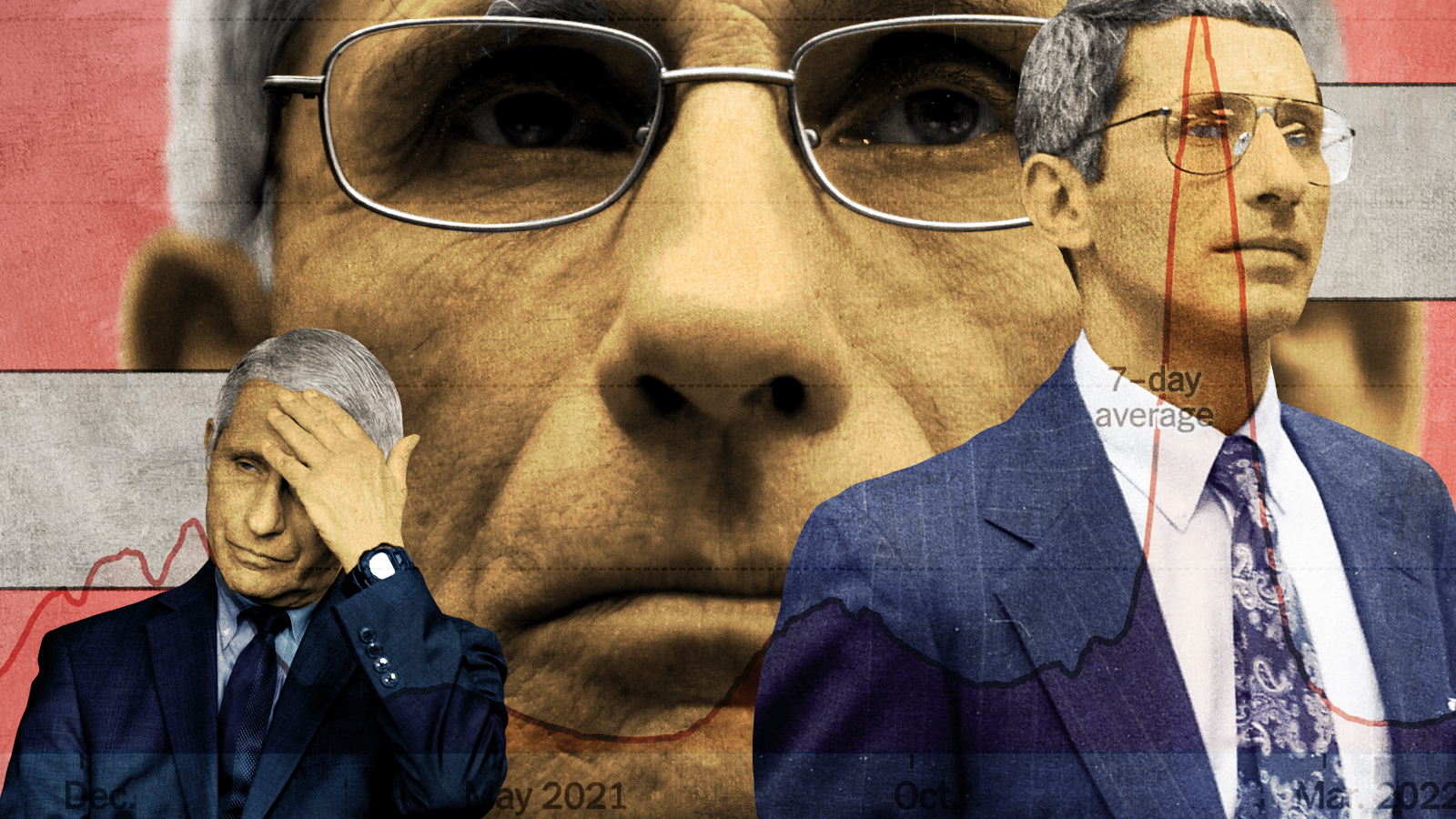
A free daily email with the biggest news stories of the day – and the best features from TheWeek.com
You are now subscribed
Your newsletter sign-up was successful
Dr. Anthony Fauci is retiring from government service. The nation's top infectious disease expert — and the face of the U.S. government's response to the COVID pandemic — said Monday he will leave his role at the end of the year. "I want to use what I have learned as NIAID Director to continue to advance science and public health and to inspire and mentor the next generation of scientific leaders as they help prepare the world to face future infectious disease threats," he said in a public statement.
Fauci leaves government with more than 50 years in public service, and having served seven presidents, but — for better and for worse — has drawn the most attention of his career during the coronavirus pandemic. For some, he's been a hero. "Without Fauci's steady leadership, the COVID-19 pandemic would have created more havoc on our country than we could possibly imagine," the Kansas City Star said in an editorial. For others, mostly on the right, his role in urging lockdowns and vaccines has made him a villain. "His overgrown ego … led him to promote the most destructive federal and state policies in recent US memory," the New York Post editorialized. What will be Anthony Fauci's ultimate legacy?
Fauci's advice was always on the mark
COVID brought out the "armchair Twitter critics and politicians who considered themselves more knowledgeable and experienced on matters of infectious diseases" than the nation's leading expert on the topic, Paul Brandus writes at MarketWatch. In truth, Fauci's advice to America during the pandemic was pretty simple: "Wear a mask. Get vaccinated. Social distancing." But his many right-wing critics chose to view that advice "through the lens not of medicine but political loyalty." And that criticism distorts Fauci's legacy as "a towering figure in the U.S. medical community, deeply respected both here and abroad" for his work not just on COVID, but HIV and numerous other infectious diseases. "All Americans owe this man a debt of gratitude for his unwavering commitment to public health."
The Week
Escape your echo chamber. Get the facts behind the news, plus analysis from multiple perspectives.

Sign up for The Week's Free Newsletters
From our morning news briefing to a weekly Good News Newsletter, get the best of The Week delivered directly to your inbox.
From our morning news briefing to a weekly Good News Newsletter, get the best of The Week delivered directly to your inbox.
A flawed COVID response is his legacy
Fauci became the "main symbol of the rule by experts" who "brooked no scientific debate on COVID," The Wall Street Journal says in an editorial. Among his sins: A "refusal even to consider" the possibility the coronavirus originated in a Chinese lab; smearing "the few brave scientists who opposed blanket lockdowns" during the pandemic's first year; and a mistaken over-reliance on mask and vaccine mandates. That's not entirely his fault: "Dr. Fauci's influence was all the greater because he had an echo chamber in the press corps and among public elites who disdained and ostracized dissenters." It's not Fauci's fault that the pandemic was so unpredictable, but the "certainty of his policy prescriptions" was wrongheaded. In the end, "Dr. Fauci was as much a politician as a scientist."
It's time for Fauci to disappear
Fauci's pandemic-era public relations blitz "harmed the credibility of and respect for the public-health establishment," Timothy Carney writes for the Washington Examiner. That's why the doctor "should gracefully disappear from the public spotlight" in retirement. (And he definitely shouldn't "cash out" by taking a job in private industry.) If he ends up being a talking head on cable news programs, it "will be even more political, more self-aggrandizing, and thus, more corrosive of the public's trust in public health policy." After all, Fauci's own credibility has been harmed by questions about whether the American government was involved in China's coronavirus research, and he has equated criticisms of his actions as attacks on science. Best to simply silence himself: "Fauci should do the country a favor by quietly disappearing and enjoying his retirement."
Don't forget his role in the fight against AIDS
"In the darkest days of the AIDS epidemic, Dr. Fauci never gave up," Dr. Gregg Gonsalves, an AIDS activist and an associate professor of epidemiology at Yale, writes for The New York Times. Fauci was sometimes a controversial figure during the early days of that earlier epidemic — he "took heat from AIDS activists" but emerged with "the impression that science could handle these challenges" through the hard work of research and experimentation. "We fought, and we argued, for sure, but we moved ahead together, never satisfied with the status quo." The development of protease inhibitors that allow people with HIV to live longer, healthier lives was a sign "that at least there could be progress" in the fight against infectious diseases. The COVID era has tested that assumption. American leaders have surrendered to "resignation in the face of the suffering" in the still-ongoing pandemic. That doesn't erase Fauci's legacy, however: "We should all have his resolve and commitment."
A free daily email with the biggest news stories of the day – and the best features from TheWeek.com
Joel Mathis is a writer with 30 years of newspaper and online journalism experience. His work also regularly appears in National Geographic and The Kansas City Star. His awards include best online commentary at the Online News Association and (twice) at the City and Regional Magazine Association.
-
 What is the endgame in the DHS shutdown?
What is the endgame in the DHS shutdown?Today’s Big Question Democrats want to rein in ICE’s immigration crackdown
-
 ‘Poor time management isn’t just an inconvenience’
‘Poor time management isn’t just an inconvenience’Instant Opinion Opinion, comment and editorials of the day
-
 Bad Bunny’s Super Bowl: A win for unity
Bad Bunny’s Super Bowl: A win for unityFeature The global superstar's halftime show was a celebration for everyone to enjoy
-
 Scientists are worried about amoebas
Scientists are worried about amoebasUnder the radar Small and very mighty
-
 Metal-based compounds may be the future of antibiotics
Metal-based compounds may be the future of antibioticsUnder the radar Robots can help develop them
-
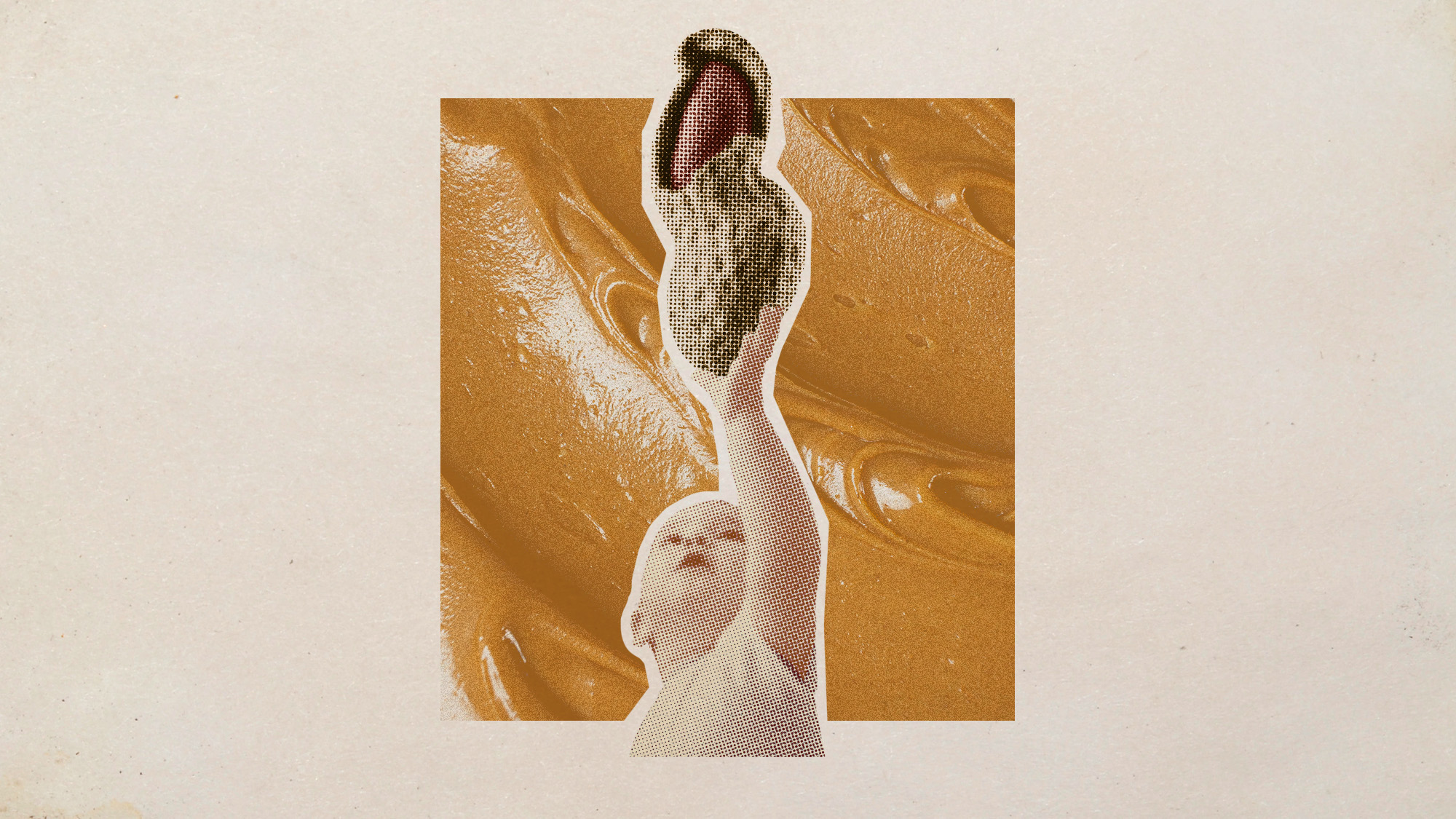 Peanut allergies have plummeted in children
Peanut allergies have plummeted in childrenUnder the radar Early introduction could be an effective prevention method
-
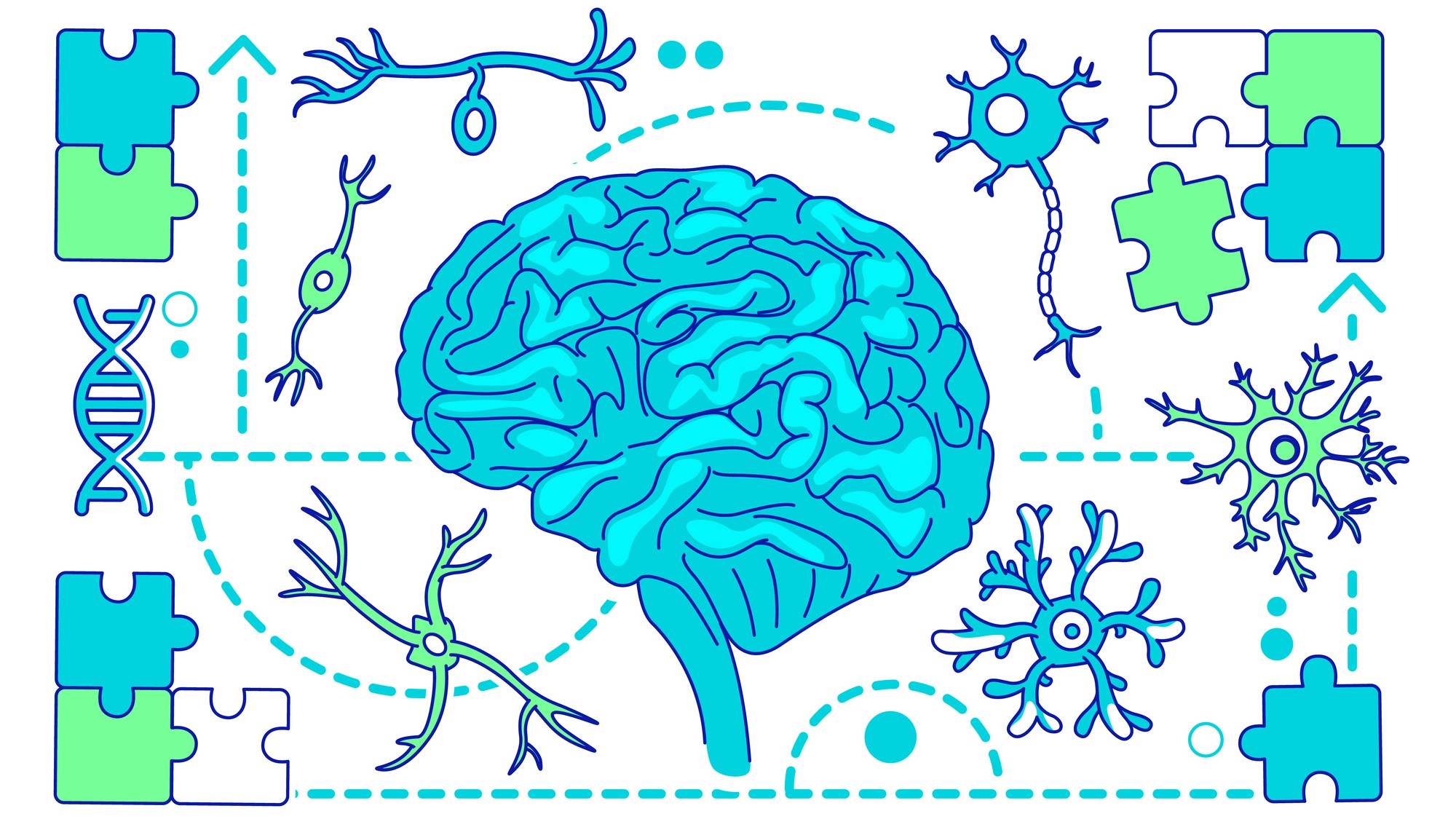 Human evolution may be responsible for autism rates
Human evolution may be responsible for autism ratesUnder the radar Neurodiversity and a complex brain may go hand in hand
-
 Scientists are speeding up evolution
Scientists are speeding up evolutionUnder the radar Proteins can evolve in minutes
-
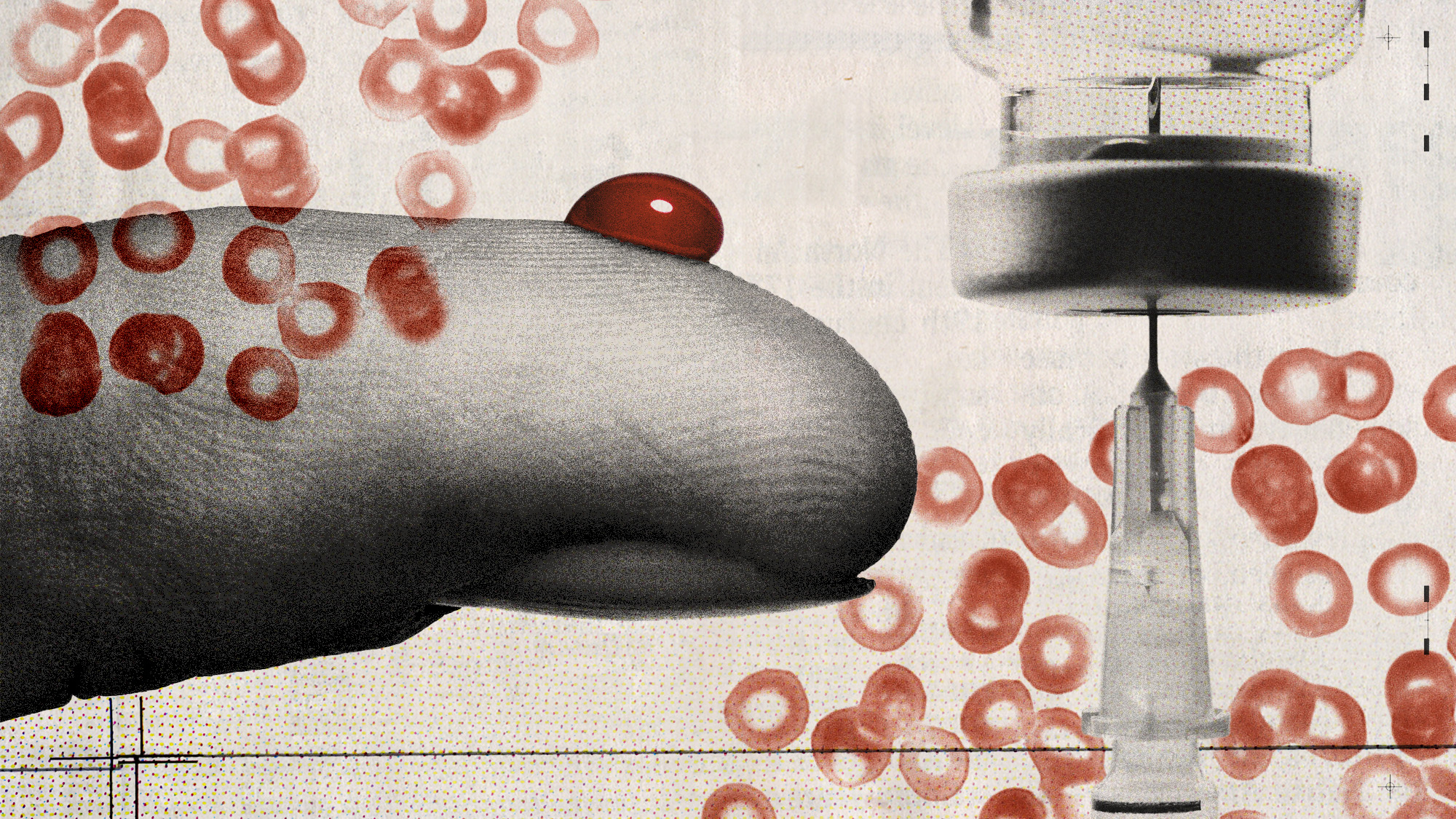 A new subtype of diabetes was found and it may require different treatment
A new subtype of diabetes was found and it may require different treatmentUnder the radar It is prevalent in Black Africans and Americans
-
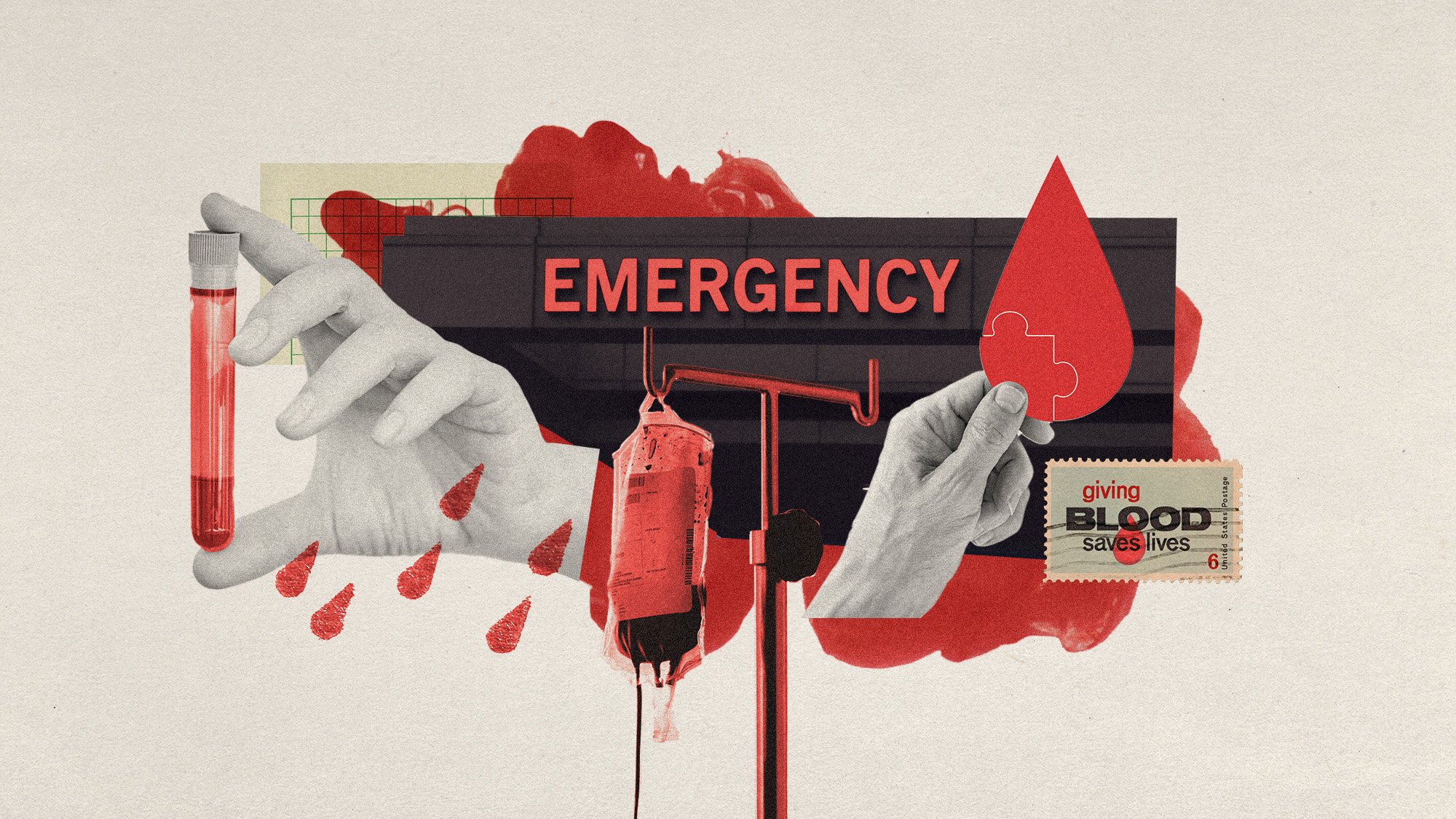 Scientists are developing artificial blood for use in emergencies
Scientists are developing artificial blood for use in emergenciesUnder the radar It could aid in global blood shortages
-
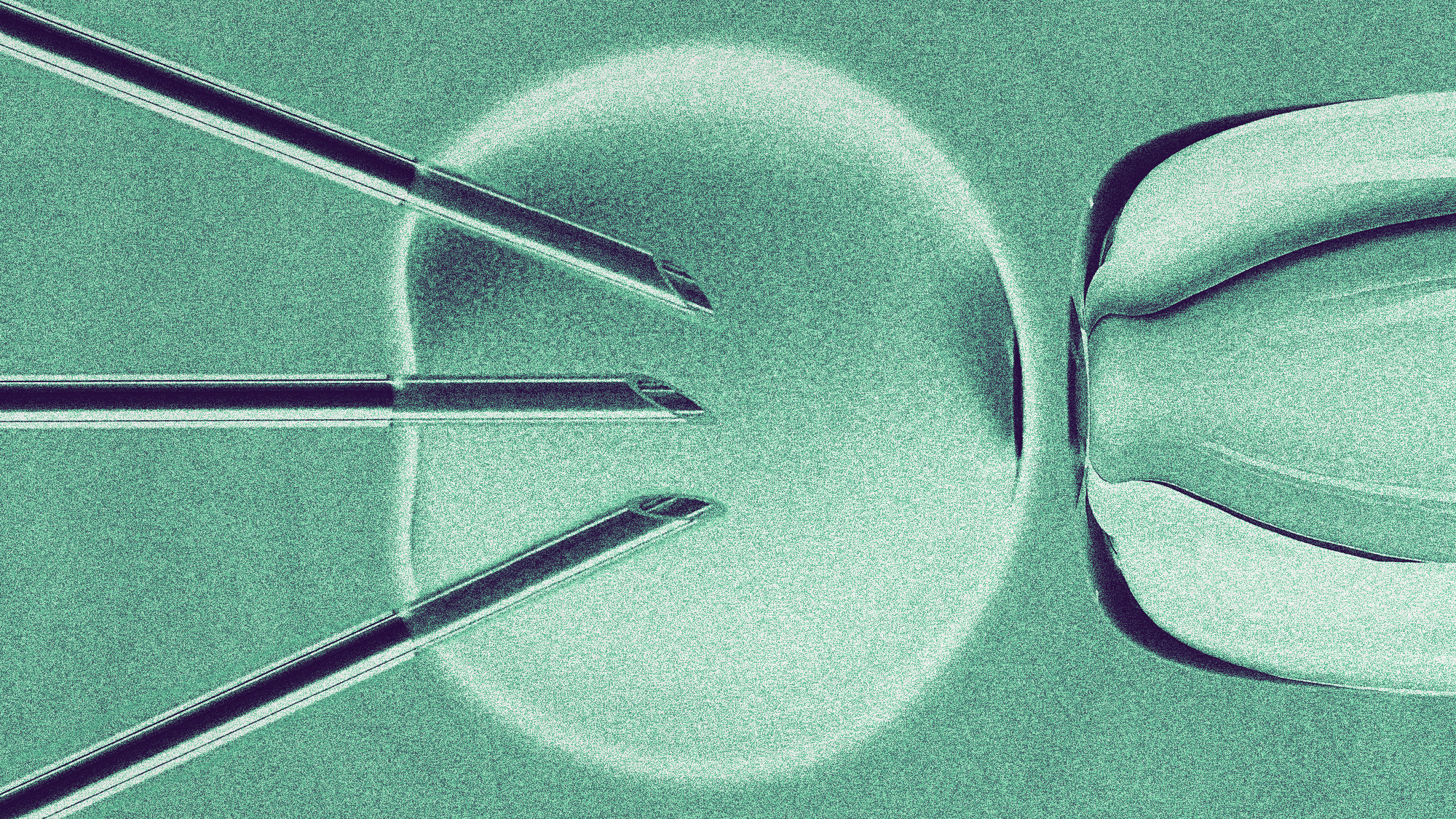 Babies born using 3 people's DNA lack hereditary disease
Babies born using 3 people's DNA lack hereditary diseaseUnder the Radar The method could eliminate mutations for future generations
